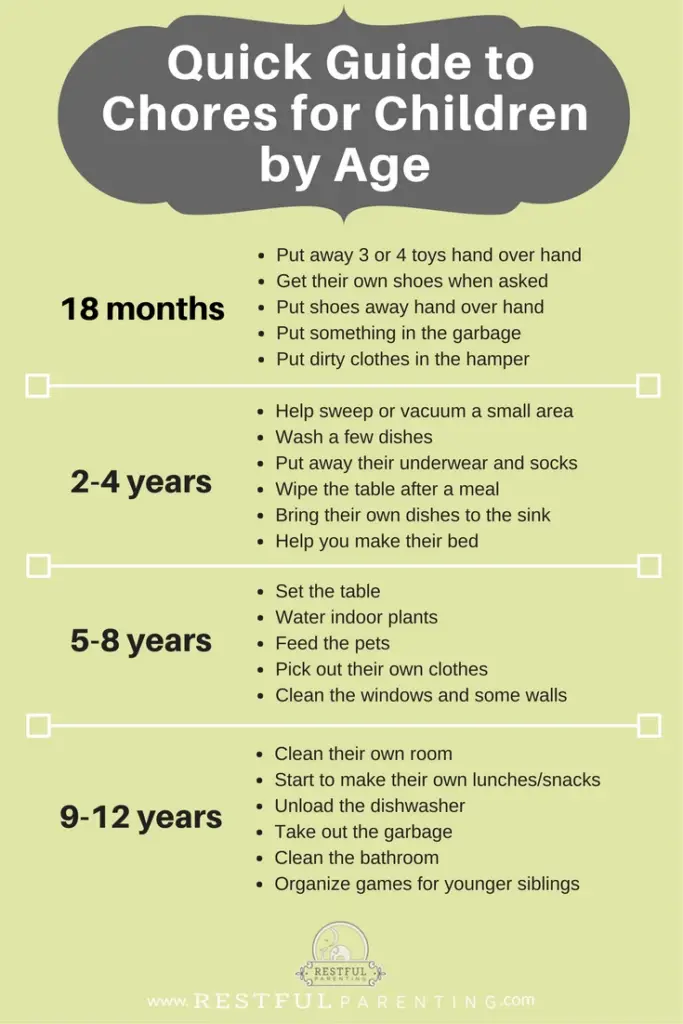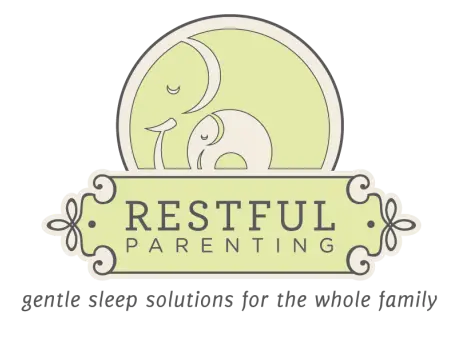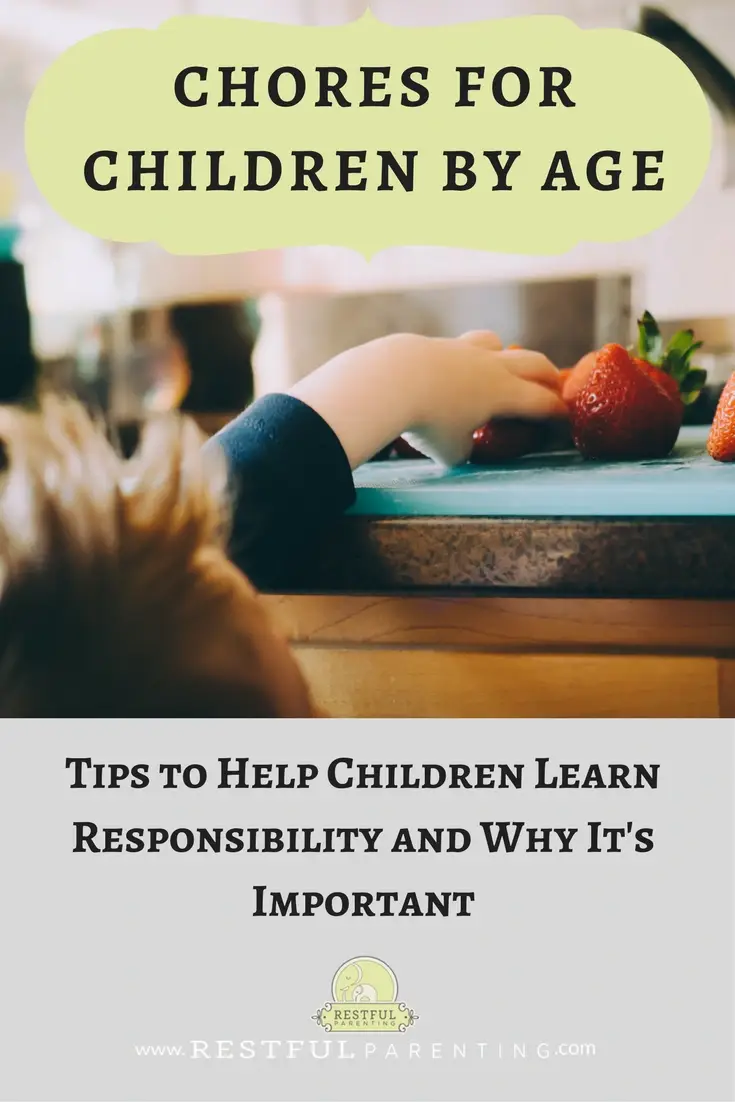Helping your child learn responsibility is so important. Teaching your child responsibilities from an early age may not be something that many parents even think about. We don’t mean big household chores a la Cinderella, but little things to start that you can build on from year to year. Responsibilities can build confidence in a child’s self-worth, can teach them to take care of their belongings and take pride in the work they have done.
Raising a child who can help around the home without gender boundaries—i.e. girls doing the lawn and shoveling snow, boys doing the dishes and laundry—not only helps you around the home but also ensures that when you send your child out into the world they are a functioning member of society. A child who can carry their weight helping around the house grows to be an adult who can manage their own family and household responsibilities.
Setting Up for Success
It can be very overwhelming for a child to see a huge mess that needs to be cleaned up. Think about how you feel when your house is such a disaster that you don’t even know where to start! No judgment here, it happens to the best of us. Here are some of the ways that you can make the task a little less overwhelming for your children:
Too many toys at one time
It is in a child’s nature to take out and play with every single toy that is available to them. If you have a lot of toys at home it can be overstimulating and cause them to dump rather than play. Leaving a huge and overwhelming mess behind. Try putting some toys away to rotate every so often– a closet shelf where you can tuck them out of site or storage area is great. Teach them to clean up the toys that they have finished playing with before they take out new toys.
Everything In It's Place
Having a designated spot for their toys will help them learn where to put things. This does not mean that you have to be completely strict about what goes in what bin but it gives them some guidance as to where to start.
- Try taping pictures of what goes inside each bin on the bin to make it easier for them to recognize.
- Keep items with smaller pieces or lots of pieces, like puzzles or Lego, in larger Ziploc bags or smaller containers, you can even put them on a higher shelf they need help reaching so that your child is required to tidy up and give one bag/container back before they get the next item. This strategy works really well in a household with older children and babies. It can be easier to keep track of all the pieces if they are not all out at one time.
Make It Fun!
Children benefit from a lot of encouragement while learning to follow through with their responsibilities. Cheer them on while they are completing their tasks.
- For younger children you can set a timer to see how fast they can tidy up.
- Choose a task you know they will enjoy doing such as helping with the dishes or helping to make lunch, baking etc.
Transitions can be difficult for any child to manage. Sometimes they are not ready to change activities or finish what they are doing. You can help them through by making a picture chart of their daily routine so that they know what comes next and can be prepared for tidy up time. Little ones cannot tell time, so they organize their day by sequences of events. Having a visual that they can see and plan for can go a long way in reducing the stress around transitions.
Have a song that you sing every time it is time to tidy up.
The one we used and was easy for the little ones to remember was:
![]() Clean up, clean up | Everybody, everywhere | Clean up, clean up everybody do your share.
Clean up, clean up | Everybody, everywhere | Clean up, clean up everybody do your share. ![]()
Help Younger Children
A younger child will have a more difficult time with the task of cleaning up. It is much more enjoyable for them to make the mess, so tidying will most likely come with some protest. A younger child will not be able to focus on cleaning up a mess if you simply give them the directions and walk away into another room. They need a little more guidance- stay with them to ensure that you are guiding them as they go.. They need to have someone there to tell them what to clean up and perhaps even where to put it.
You can also try encouraging them to collect the toys, bring them to you and you put them in their bins. When children are young, the focus is mostly just to teach them about responsibilities. It does not matter how well it is done but more that they have completed the task.
Young toddlers may need guidance in the form of hand over hand from an adult. This is when you put your hand over theirs and gently guide their hands through the task.
Encourage Older Children
Even if you started chores and responsibilities early with your child, once they become a pre-teen or teenager, getting them to help around the house can become a battle of wills. It may not be easy at times, but there are things you can do to encourage them to help out.
- Allowing them access to WIFI only after their chores have been completed-this may mean changing the password often
- TV and tablets need to be earned so once ABC has been done can they have their electronics
- Set a time limit – room needs to be cleaned by Thursday. This also teaches them time management and consequences.
- For those who give a weekly allowance you can consider paying them for chores that are above and beyond their regular ones like making their bed and doing laundry. Having a list on the fridge with a dollar worth for the extras (especially during the summer months) can encourage them to earn a little extra while helping you with some of those household chores that you just never have time for ie; cleaning the cupboards, wiping baseboards, organizing the shed.
Here is a handy quick guide to appropriate chores for children by age to help you decide on what may work for your child. You do not have to get your child to do all of the chores in this chart however, choose 2-3 appropriate ones to work on at one time.

We hope that we have given you some ideas to get your kids started on the road to responsibility! It may take some time for children to get used to having some responsibilities, but stay consistent and they will start to learn how their contribution helps the family work together. Remember, if your two year old can work your tablet or phone, they can certainly learn how to put their own dirty clothes in the hamper or take on some other chores!
Meet Jennifer Taun
MSW, RSW – Partnering with Restful Parenting

We are excited to introduce Jennifer Taun, MSW, RSW, as a valued partner with Restful Parenting. Jennifer will be providing consultation and supervision support for our team, working closely with Elisa and Pam to ensure our clients receive comprehensive, effective, and compassionate care.




